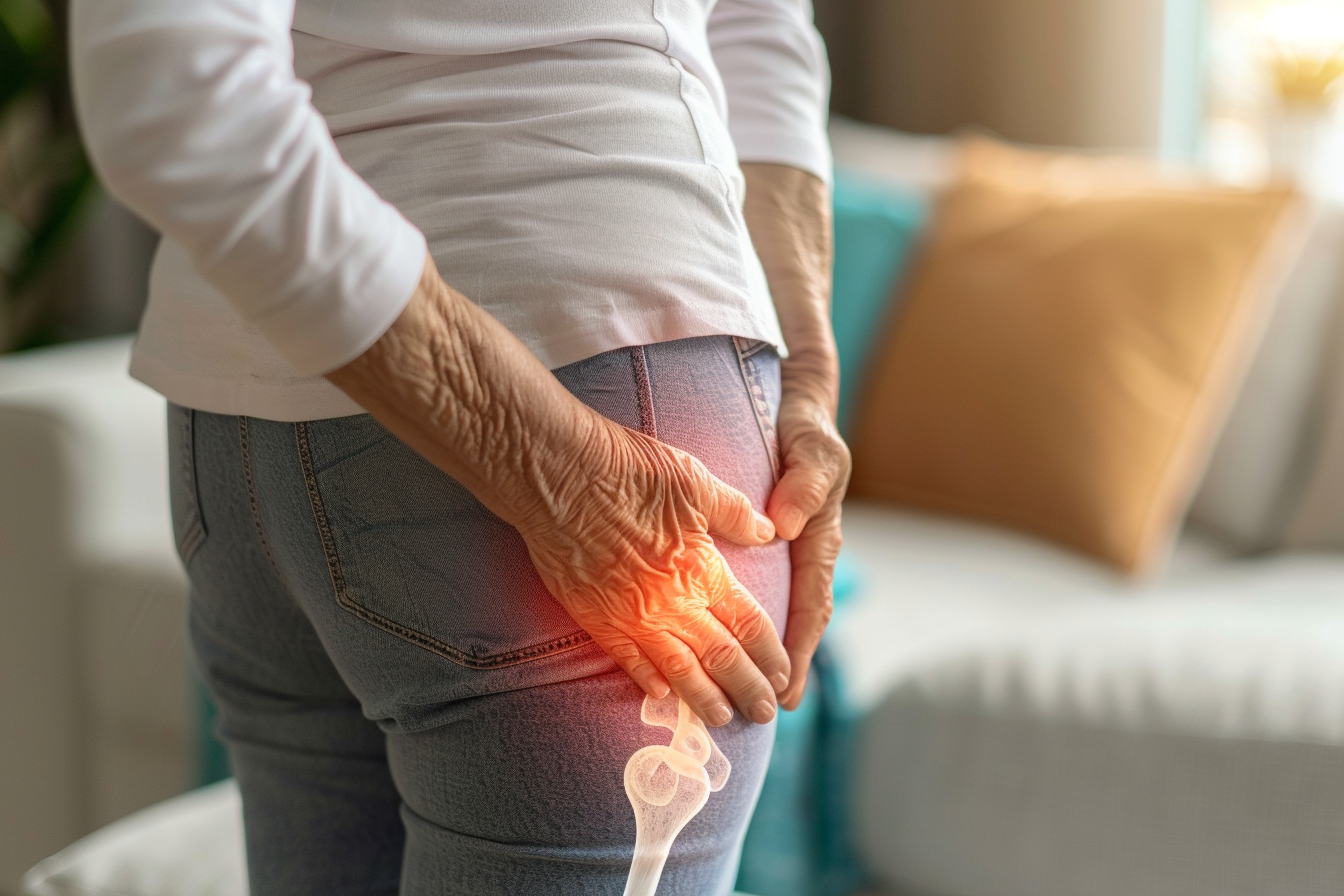Understanding Dry Eye in Seniors: Key Treatments and Home Remedies for 2025 in the United States
Dry eye affects millions of seniors in the United States, often due to aging and environmental influences. This article discusses various treatments and practical home remedies designed specifically for older adults managing dry eye symptoms in 2025.

Understanding Dry Eye and Its Impact on Older Adults
Dry eye disease affects millions of Americans and is especially common in seniors due to natural aging and environmental factors such as extensive screen use, dry indoor air, and reduced tear production. This condition results from either insufficient tear volume or poor tear quality, often related to dysfunction of the meibomian glands along the eyelids. These glands produce the oily layer of the tear film that prevents evaporation. When gland function is impaired, tears evaporate too quickly, leading to dry, irritated eyes.
Because dry eye is a chronic and multifactorial condition, ongoing management focusing on symptom control and preventing further eye surface damage is usually necessary. Seniors should understand that effective treatment often involves a combination of therapies tailored to individual requirements.
Approaches to Treatment for Dry Eye in Seniors
Over-the-Counter Eye Drops: Types and Considerations
Artificial tears, gels, and ointments are frequently used to treat dry eyes at home and can provide symptom relief.
- Artificial Tears: These contain lubricants that imitate natural tears and deliver rapid hydration. They may be ideal for mild dryness and occasional eye irritation. Seniors who use eye drops regularly are often advised to choose preservative-free formulas (e.g., TheraTears or Refresh Optive Preservative-Free) to minimize irritation risk.
- Gel Drops: Thicker than artificial tears, gels offer longer-lasting moisture and are often used for moderate dry eye or nighttime application. They typically do not cause the blurriness sometimes seen with ointments.
- Ointments: The thickest option, creating a protective layer to prevent moisture loss overnight. Ointments may be suitable for severe dry eye, post-surgical care, or use during sleep.
Choosing the correct product depends on the severity of symptoms and individual tolerance.
Emerging and Advanced Medical Treatments
Beyond traditional eye drops, several FDA-approved therapies provide additional options for relief:
- Nasal Spray Treatments: Designed to stimulate tear production through nasal nerve pathways supporting natural eye lubrication.
- Punctal Plug Implants: Small devices placed into tear drainage ducts to help keep tears on the eye surface longer.
- Novel Anti-inflammatory Medications: Investigational drugs like OCS-02 target underlying inflammation in dry eye and related conditions, potentially offering fewer side effects than steroids. These may be considered especially for seniors with chronic inflammation or allergic conjunctivitis alongside dry eye.
Such treatments require professional evaluation, a prescription, and may not be universally covered by insurance.
Home Remedies and Lifestyle Practices to Support Dry Eye Management
For those interested in natural or supplementary approaches, various home remedies may help ease dry eye symptoms and complement medical care:
- Warm Compresses: Applying a warm compress to the eyelids for several minutes can help unclog oil glands, improve tear film quality, and reduce evaporation.
- Blinking Exercises and Screen Habits: Conscious blinking during extended screen time encourages natural tear production. The 20-20-20 rule (looking 20 feet away for 20 seconds every 20 minutes) is also recommended to lessen eye strain.
- Hydration and Nutrition: Maintaining good hydration supports tear production. Although specific nutrients are not detailed here, a balanced diet including vitamins and omega-3 fatty acids may promote eye health.
- Quality Sleep: Obtaining 7-8 hours of restful sleep can aid natural eye lubrication and healing.
- Avoid Rubbing Eyes: Rubbing can worsen irritation or increase infection risk. Alternative relief methods include cold compresses or eye drops.
- Environmental Adjustments: Using humidifiers in dry indoor settings may help sustain ambient moisture and reduce dryness caused by arid air.
Managing Dry Eye Alongside Allergic Conjunctivitis in Seniors
Dry eye symptoms can overlap with allergic conjunctivitis, which may cause red, itchy, and watery eyes. Common treatments include antihistamine or steroid eye drops. Long-term steroid use carries risks such as elevated eye pressure, infection, and cataract formation. Newly researched anti-inflammatory treatments may provide safer long-term alternatives for seniors managing both conditions.
When to Consult an Eye Care Professional
While home and over-the-counter remedies can ease symptoms, seniors with persistent, severe, or worsening dry eye should seek professional care. Eye specialists like optometrists or ophthalmologists can perform detailed evaluations, determine underlying causes, customize treatment plans, and offer advanced therapies when needed.
Professional consultation is particularly important if symptoms include:
- Significant eye redness or pain
- Changes in vision
- Excessive tearing or eye discharge
- Sensitivity to light
Long-Term Management Strategies for Dry Eye
As of 2025, dry eye disease has no definitive cure. Effective management for seniors generally includes:
- Appropriate use of artificial tears or prescribed eye drops
- Incorporating home remedies such as warm compresses and hydration
- Lifestyle adjustments to reduce eye strain and environmental dryness
- Professional treatments like punctal plugs or prescribed anti-inflammatory medications when indicated
By combining these strategies, seniors can enhance eye comfort, protect vision, and maintain quality of life despite chronic dry eye disease.
Sources
- American Academy of Ophthalmology, “Improved Dry Eye Drugs for 2025 and Beyond
- Morgan Vision Care, “Best Over-the-Counter Drops for Dry Eye Relief
- Frank Ross Pharmacy, “How to Treat Dry Eyes at Home Natural Remedies & Tips
Disclaimer: All content, including text, graphics, images and information, contained on or available through this web site is for general information purposes only. The information and materials contained in these pages and the terms, conditions and descriptions that appear, are subject to change without notice.




